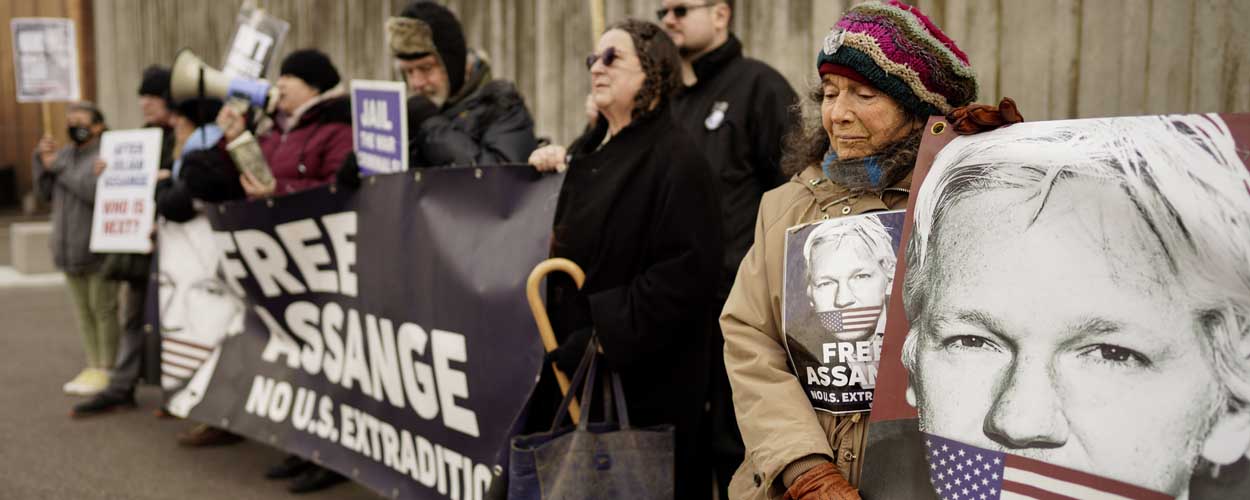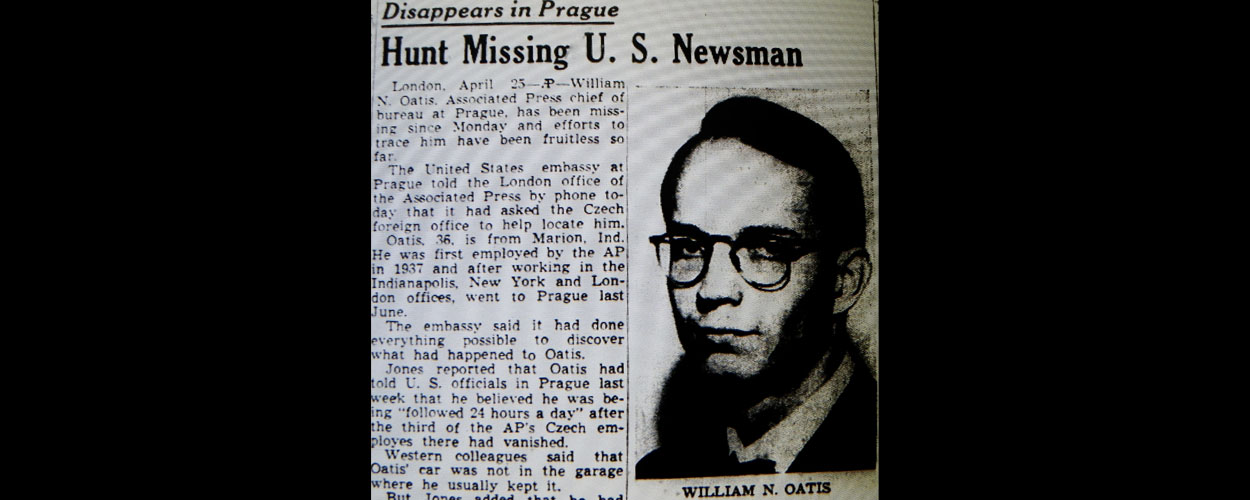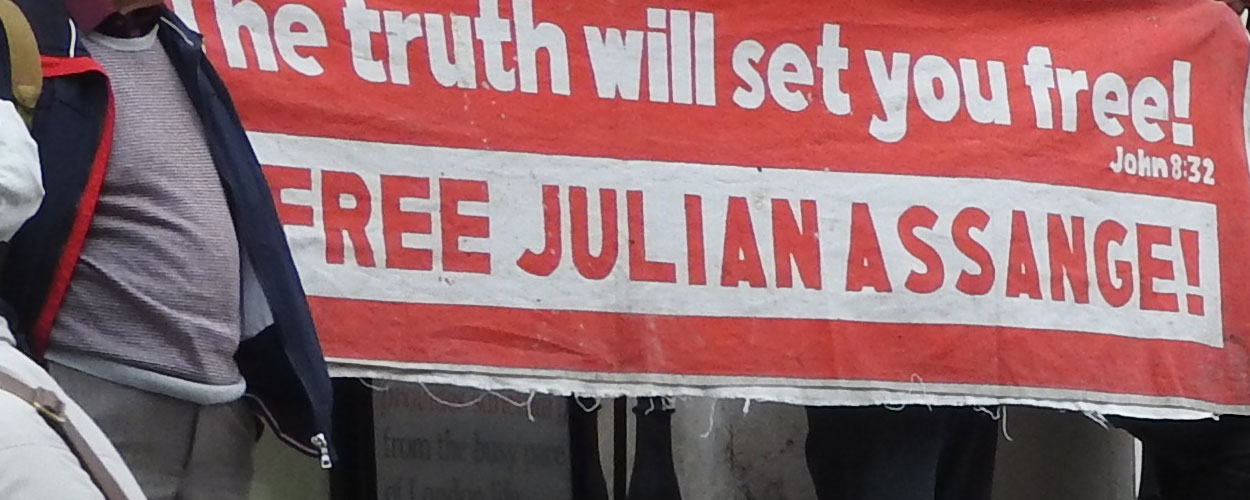Joe Biden will celebrate World Press Freedom Day tomorrow. But it is a safe bet that he’ll have nothing to say about Assange or Imran Khan, both behind bars for defying the US.
President Joe Biden’s eloquence, such as it is, soars highest when he hymns alleluias to the free press. “Courageous journalists around the world have shown time and again that they will not be silenced or intimidated,” he proclaimed last year on the occasion of World Press Freedom Day. “The United States sees them and stands with them.” He reprised the theme last week at the White House Correspondents Association Dinner: “There are some who call you the enemy of the people. That’s wrong and that’s dangerous. You literally risk your lives doing your job.” The assembled correspondents, although themselves confronting no risk greater than crossing Pennsylvania Avenue to rewrite press secretary Karine Jean-Pierre’s handouts, applauded their stalwart champion.
The administration’s commitment to freedom of the press is rivaled only by its devotion to democracy beyond America’s borders. The public need not wait until 15 September — International Democracy Day — for the State Department to support fair elections in, say, Pakistan. Donald Lu, assistant secretary of state for South and Central Asian affairs, shared his concern for Pakistani electoral integrity in testimony to a House subcommittee on March 20. Lu, referring to February’s contested results, stated, “We have never used the term ‘free and fair’ in the characterization of this election.” Lu mentioned, among other deviations from democratic norms, “mass arrests of those in opposition, the shutdown of internet, and censorship and pressure placed on journalists.”
To the world’s journalists and Pakistan’s voters, the message is clear: America has your back. American actions, however, send a message at odds with Biden’s and Lu’s rhetorical flourishes: Don’t mess with Uncle Sam. Those who do will end up like Julian Assange in London’s Belmarsh Maximum Security Prison and Imran Khan in Rawalpindi’s Adiala Jail…
Continue reading →









